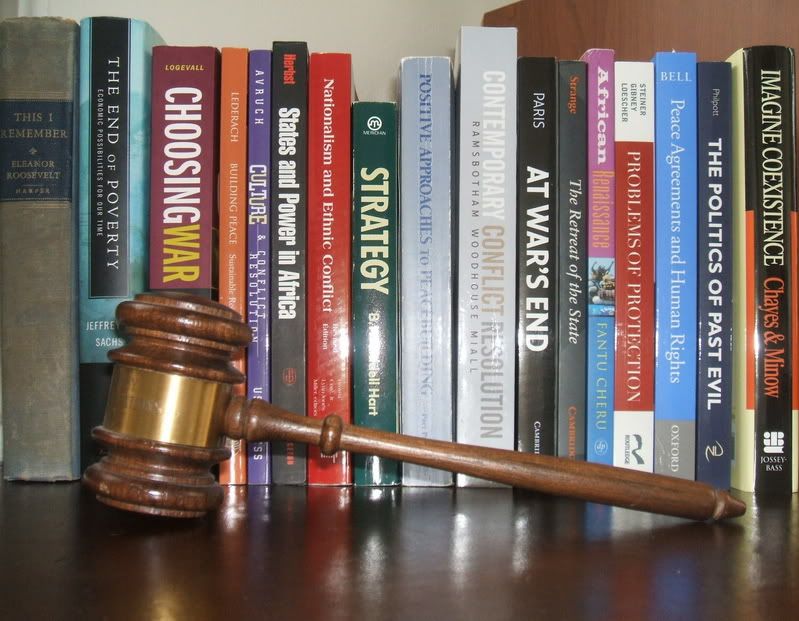Thoughts on hate crimes and their impacts on trans communities
I was asked to speak at a panel earlier today called Uniting Against Hate, following a showing of Robert O'Hara's new play BOOTYCANDY at Woolly Mammoth Theatre Company. Below is the essay I wrote to frame my remarks for the event. Thanks for reading.
I’ve been asked to speak briefly about the impact of bias crimes on DC’s trans community, and how first-responders and members of the broader population (especially lesbian, gay and bi folks) can be more aware of the realities we face.
Locally, anti-trans bias crimes make up about 14% (between 5-10) of all hate crimes each year. I should point out though, that the Metropolitan Police Department has admitted that its data collection on all bias crimes has been rather poor, and that they only started to correct that problem about a year ago. Some have argued, then, that bias crimes are dramatically on the rise in 2011. The fact is, though, that based on the data we have, we just don’t have any way to know that for sure. I think the increase we’re seeing is more a result of better data collection than a suddenly more dangerous city.
What we do know, though, is that hate crimes against trans people tend to be especially brutal. Worse still, arrests in such cases are relatively rare, prosecutions rarer still, and convictions almost non-existent.
Too often, our society sees trans people as disposable -- as lives with no value and no meaning. Unfortunately, our friends in the lesbian, gay and bi communities often openly share such views.
The DC Trans Coalition is currently running a needs assessment study for DC’s trans population. We just wrapped up the first phase of that project, and the most glaring finding is that DC’s trans people -- regardless of race, class, language, education level, or any other variable -- are primarily concerned about their personal safety as they go about their lives in our city.
Trans people face discrimination almost everywhere they go. Trans people of color almost always have it worse.
Interactions with police are no different. The recent National Transgender Discrimination Survey found that nearly half of the almost 7,000 respondents were reluctant to seek out police assistance, even when they had been a victim of a crime. A fifth had been subject to bias-related harassment from police.
In short, simply calling the police -- even after being the victim of an attack -- can make many trans people think twice. A police officer using the wrong name or an inappropriate pronoun -- or doing something far worse -- can add to the trauma of a violent experience.
In DC, we succeeded in getting MPD to adopt a policy on proper interactions with trans folks in 2007. Last year, we joined with other community organizations to launch a comprehensive, community-based training program for police officers on a wide range of LGBT issues, and so far over 100 officers have been trained. This program has had real results: some trans community members have reported increased sensitivity from police officers.
The fact is, police around the country usually assume that all trans people they see -- especially trans women of color -- are sex workers. We’ve had to work hard to convince officers that trans people can be the victim of a crime, and that an attack on someone who is a sex worker is still a crime.
Training programs, hate crimes laws, and other policy fixes are great steps in helping the criminal justice system take action once a crime has occurred, but they’re not enough. Transphobia is rampant in our society, and it comes from parents, teachers, preachers, students, police, medical providers, and a whole range of others. Some of the most transphobic behavior I’ve seen has come from our LGB “friends.”
To truly prevent hate crimes against trans folks, we have to attack the roots of the injustices trans people face. That means ending employment discrimination, ensuring that people get healthcare, making our schools safer, and insisting that everyone have a home. And we need to make sure that everyone knows how to respect the rights and dignity of all their fellow human beings, regardless of differences. Trans communities are in a state of conflict with broader society, and we need to resolve that conflict.
When we turn to things like police and the courts, we need to remember that those bodies are part of a racist and classist (and, indeed homophobic and transphobic) criminal justice system designed to keep the poor poor and the rich happy. Even so, prosecution of criminal acts that cause real harm to our communities is important, as it signals that the state and society have refused to accept such violence. But we also need to pay attention to the needs of victims and their communities. We should consider the potential of restorative justice programs as part of this.
I’ll stop there for now. Thanks again for being here and for listening.





No comments:
Post a Comment